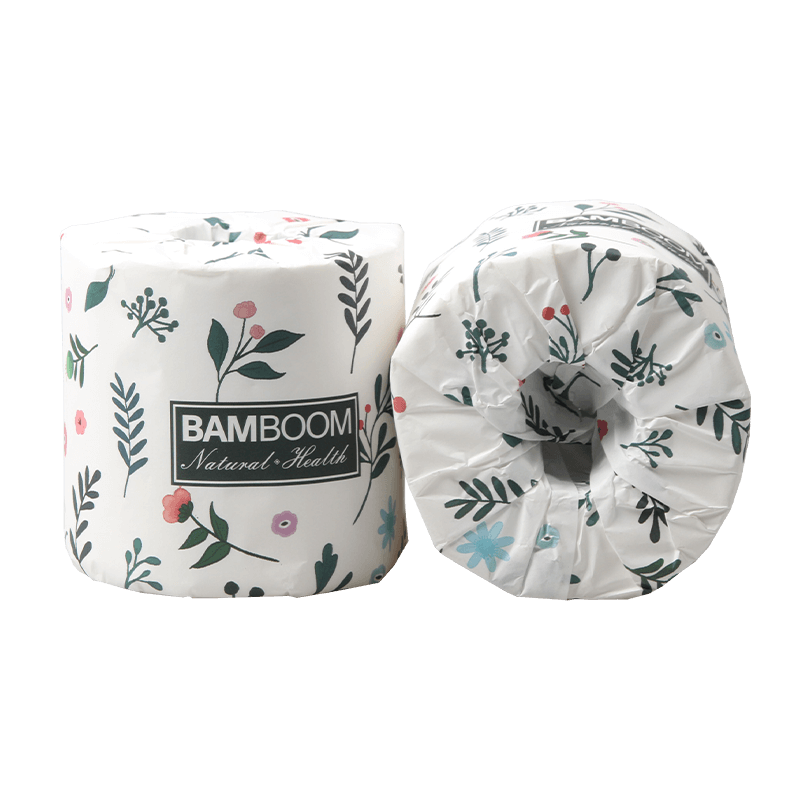The Use of Bamboo Toilet Paper as a Sustainable Alternative to Traditional Toilet Paper
In recent years, the trend for eco-friendly products has resulted in the development of sustainable alternatives for everyday items, which include toilet paper. Bamboo toilet paper has been growing in popularity as an eco-friendly alternative to traditional toilet paper, which is made of raw wood pulp. This trend is driven by the urgent need to reduce deforestation, decrease carbon emissions and support renewable sources. Bamboo toilet paper is not only more eco-friendly but also has a competitive edge in terms of softness and strength.
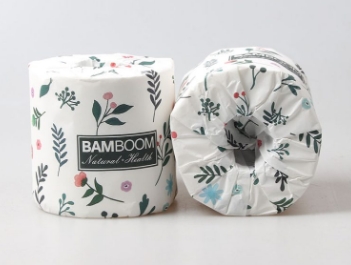
The Environmental Impact of Traditional Toilet Paper
The production of toilet paper traditionally depends on hardwood trees, such as maple and oak, which can take years to grow. This causes significant the destruction of habitats, deforestation and loss of biodiversity. In addition the energy and water-intensive process of manufacturing emits a lot of greenhouse gases and toxic chemicals to the atmosphere. Once toilet paper is then disposed of in huge amounts, thereby adding to the worldwide pollution burden.
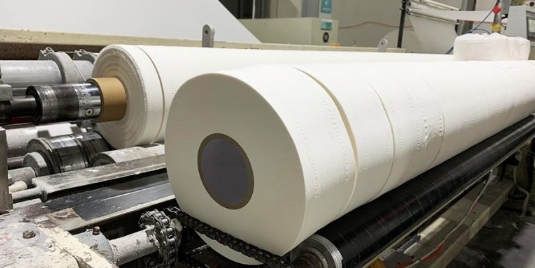
Why Use Bamboo Toilet Paper as a Sustainable Alternative
Fast-Growing and Renewable Resource
Bamboo is among the fastest-growing species on Earth. Certain species can grow as high as 91cm (35 inches) within a single day and reach maturity within three to five years as opposed to the years in the case of hardwood forests. The rapid growth rate means that bamboo can get harvested, replenished and replanted with no contribution to the deforestation. Contrary to traditional toilet paper production typically depends on clearing forests, which impacts ecosystems and speeds up climate change.
Lower Carbon Footprint
The bamboo plant naturally absorbs more carbon dioxide and release more oxygen to the atmosphere than other species of trees. The ability of bamboo to sequester carbon makes it as a carbon-positive method. Bamboo is also free of chemical fertilizers or pesticides, which reduces the environmental impact commonly associated with traditional farming. When properly processed bamboo toilet paper is likely to be significantly less carbon footprint than wood-based toilet paper.
Biodegradable and Septic-Safe
As with traditional toilet paper, bamboo toilet paper is made to break down quickly in water, which makes it septic-safe and compatible with the majority of plumbing systems. It breaks down quickly in landfills, which means lesser waste accumulation. Since bamboo paper is typically made with no harsh chemicals, such as chlorine bleach, it’s safe for the environment as well as your skin.
Naturally Hypoallergenic
Bamboo fibers are incredibly smooth and antibacterial, which makes bamboo toilet paper soft on skin that is sensitive. Contrary to traditional toilet paper, which may contain synthetic fragrances, dyes and other irritants the majority of bamboo toilet paper companies concentrate on providing an unrefined product. This makes it an excellent option for those suffering from allergic skin conditions or sensitivities.
Supports Sustainable Farming Practices
Making the switch to bamboo toilet paper may assist in sustaining farming communities. Bamboo thrives in marginal soils typically requiring less water and fewer inputs than a conventional crop. When it is grown with organic and ethical methods bamboo cultivation could create employment and encourage rural development, without jeopardizing the health of the environment.
Reduces Pressure on Forest Ecosystems
The need for toilet paper is huge and billions of rolls are being consumed each year. The majority of this need is met by cutting down trees that are mature and old-growth trees that are vital carbon sinks as well as biodiversity reservoirs. Bamboo instead reduces the stress on fragile ecosystems and assists in conserving biodiversity.
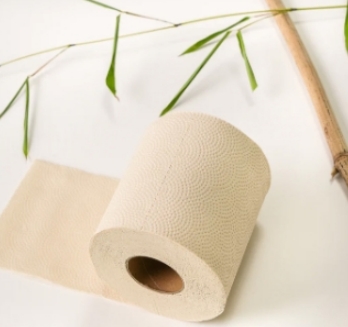
Performance and Consumer Experience in Bamboo Toilet Paper
1. Comfort and Softness
One of the first questions consumers ask about bamboo toilet paper is whether it feels as soft as the traditional kind. The initial varieties of toilet paper made from bamboo earned an image of being rough however recent advances in manufacturing methods have dramatically increased the softness. Nowadays there are many manufacturers of bamboo toilet papers offer soft, silky texture that is comparable to premium wood-based products. Skin-sensitive consumers also are happy, as bamboo fibers are gentle and hypoallergenic, they are also free of harsh chemicals or artificial scents that could cause irritation.
2. Strength and Durability
Bamboo fibers are innately robust and long. This results in a more durable toilet paper that doesn’t break easily when used. Many consumers notice how bamboo toilet paper stands up better than other recycled paper products. This strength enables smaller sheets per usage which in turn reduces consumption. The harmony between softness and strength is an important factor and a lot of top bamboo brands have found an ideal blend that exceeds the requirements of the most demanding customers.
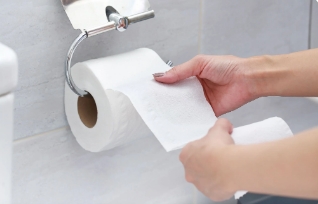
3. Dissolvability and Plumbing Compatibility
Another crucial aspect in performance is how easily bamboo toilet paper is broken down in water. Bamboo toilet paper of the highest quality is specifically designed to be septic safe and extremely dissolvable, making it suitable for many plumbing systems, such as marine and RV toilets. Contrary to thicker or quilted kinds that could stop pipes from draining or septic tanks Bamboo toilet paper usually is broken down easily and efficiently and efficiently, resulting in less problems with maintenance and longer-term savings for homeowners.
4. Aesthetic and Packaging Appeal
Consumers of today are attracted by the tactile and visual appearance of their products. Bamboo toilet paper is often sold in plastic-free, minimalist packaging that is in line with eco-conscious values. Recycling or compostable wrappers as well as stylish designs, are now the norm, improving the overall experience for consumers. A lot of buyers see bamboo toilet paper, not just as a product for hygiene, but also as a symbol of ecological responsibility. And packaging is a key element in highlighting that brand’s identity.
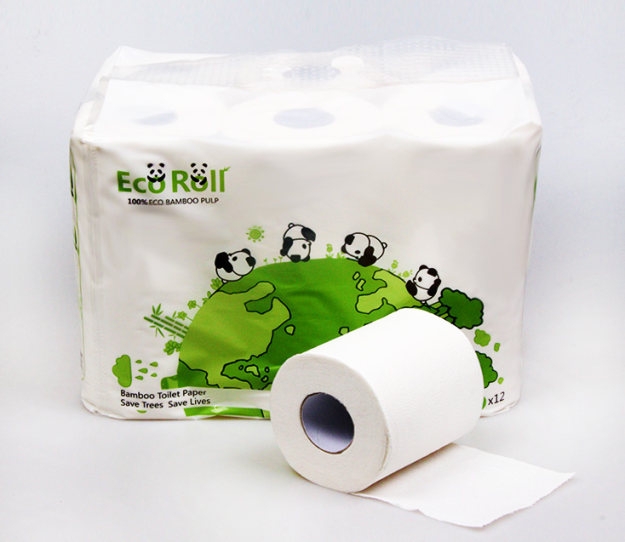
Challenges and Considerations for Bamboo Toilet Paper
| Category | Challenge / Consideration | Description |
| Cost | Higher retail price | Bamboo toilet paper typically costs more than standard toilet paper, which can discourage some customers. |
| Supply Chain | Manufacturing regions are not as extensive. | The majority of bamboo is cultivated and processed in specific regions which means that it is shipped over longer distances. |
| Consumer Perception | False perceptions about texture and quality | Many consumers believe that bamboo is rough or unsuitable in terms of comfort. |
| Production Footprint | Transport emissions | Importing finished bamboo products or bamboo could result in a greater carbon footprint because of logistics. |
| Certification | Environmental claims can vary widely. | The majority of bamboo toilet paper can be certified as organic or FSC-certified. |
| Market Availability | There are a few options available in local stores. | In certain regions, consumers may have difficulty obtaining bamboo toilet paper to obtain offline. |
| Recyclability | The single-use nature is not changed. | Despite being sustainable in its sourcing, bamboo toilet paper it’s still a product that is disposable. |
| Cultural Habits | Refusal to change | A few people are reluctant to change their toilet paper brands and materials. |
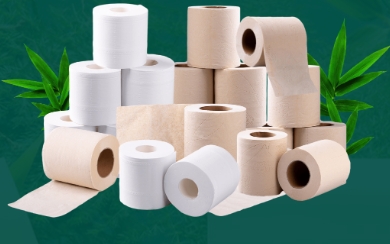
Market Trends and Growing Adoption in Bamboo Toilet Paper
1. Rising Environmental Awareness Driving Demand
In recent years, increasing concerns about deforestation and the environmental impact of traditional toilet paper has made consumers look for more eco-friendly alternatives. The bamboo toilet paper become the most popular option due to its quick renewal as well as its low requirement for resources and less environmental impact. This increased awareness has dramatically affected purchasing choices and eco-conscious buyers prefer organic and non-plastic toiletries.
2. Innovation and Product Quality Improvements
The perception that bamboo toilet papers as being coarse or stiff was questioned with recent advancements in paper manufacturing process. Innovative developments in fiber processing and multi-ply technology has allowed producers to surpass or even match the quality of traditional wood-pulp toilet papers. As the quality improves resistance to switching diminishes and encourages a wider adoption across all demographics.
3. Expansion of Retail and E-Commerce Channels
Toilet paper made of bamboo has shifted from eco-friendly boutiques and shops to mainstream distribution in major chains of retail as well as e-commerce platforms. This change is prompted by increasing demand from consumers and retailers’ desire to carry more eco-friendly products. Subscription-based services have also played a role, offering convenient recurring delivery models that resonate with urban and sustainability-focused households.
4. Institutional and Commercial Adoption
Beyond the home, the use of bamboo toilet paper is now being used by hotels, businesses along with government departments as part their green procurement strategies. These organizations aim to minimize their carbon footprint as well as appeal to environmentally conscious customers and other the stakeholders. In a time when both private and public sectors are aligned with sustainable goals, Bamboo toilet paper is now an integral element of environmentally sustainable processes.
5. Influence of Social Media and Eco-Branding
Social media platforms such as Instagram, YouTube, and TikTok have increased the popularity that bamboo toilet tissue has gained. People who are influential and sustainable present these products as environmentally-friendly or zero-waste lifestyle posts. Companies that promote transparent sources, recyclable packaging, and charitable causes are able to gain a significant amount of attention through the power of digital word-of mouth.
6. Future Outlook and Continued Growth
Bamboo toilet paper’s market is set to grow steadily. As production increases and prices increase the demand for bamboo toilet paper is likely to grow across both emerging and developed markets. The pressure from the government on deforestation and recycling, along with changing consumer preferences will likely increase the pace of change. Market forecasts indicate an increasing the market for bamboo toilet paper tissues in the next 10 years.
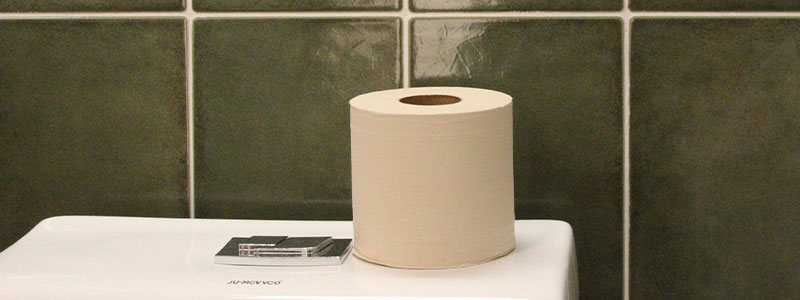
Donsea Paper is one of the leading Chinese bamboo toilet paper manufacturers, specialized in eco-friendly paper products. With more than 20 years of experience, FSC accreditation, and advanced paper manufacturing infrastructure, Donsea Paper offers high-quality, biodegradable bamboo toilet rolls, supporting full OEM/ODM services, custom embossing and plastic-free packaging options, trusted by global partners for sustainability and high-quality performance.
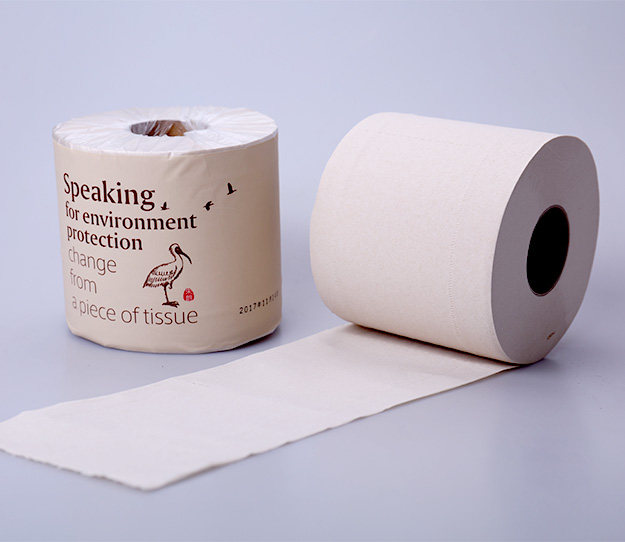
Final Thoughts
As more consumers become more eco-conscious, bamboo toilet paper is an eco-friendly and sustainable alternative to traditional toilet paper. With improved quality, softness, strength and aesthetic appeal, bamboo paper products are able to reduce deforestation, lower water usage, and minimize plastic waste. As the product evolves and becomes more widely used, bamboo toilet paper appears set to become not only a sustainable alternative but also a preferred choice for quality and eco-conscious hygiene.

